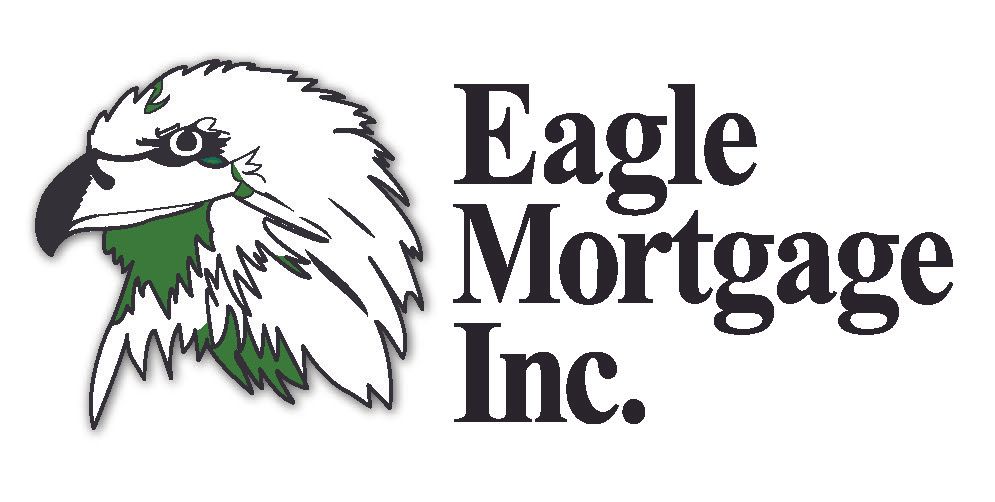Get In Touch
Understanding the dynamics of mortgage rates is crucial for anyone looking to buy a home or refinance their existing mortgage. One of the most significant factors influencing these rates is the economy. Let's explore how various economic elements impact mortgage rates, making them fluctuate over time.
Inflation and Mortgage Rates
Inflation is a primary economic factor affecting mortgage rates. When inflation rises, the purchasing power of currency decreases, leading to higher interest rates to maintain lenders' profit margins. Consequently, mortgage rates tend to increase during periods of high inflation. On the other hand, when inflation is stable or low, mortgage rates generally remain lower.
Economic Growth and Employment
As the economy grows and employment rates improve, more people have the financial capability to purchase homes, increasing the demand for mortgages. This demand can lead to higher interest rates. Conversely, during economic downturns, when employment rates drop, the demand for mortgages decreases, often resulting in lower rates to stimulate borrowing.
The Federal Reserve's Influence
The Federal Reserve plays a crucial role in shaping the economic landscape and, by extension, mortgage rates. By adjusting the federal funds rate, which is the interest rate at which banks lend to each other overnight, the Fed influences short-term interest rates and economic activity. When the Fed raises rates to curb inflation, mortgage rates tend to rise. Conversely, when they lower rates to encourage economic growth, mortgage rates typically fall.
Global Economic Factors
Mortgage rates are also influenced by global economic conditions. Events such as financial crises, geopolitical tensions, and changes in the international interest rate environment can lead to fluctuations in U.S. mortgage rates. Investors often seek stability during economic uncertainties, which can increase the demand for U.S. treasury bonds, resulting in lower yields and potentially lower mortgage rates.
In summary, the intricate relationship between the economy and mortgage rates means they are constantly in flux. Whether you are planning to buy a home or refinance, staying informed about economic trends and their potential impacts on mortgage rates can help you make more strategic decisions.

